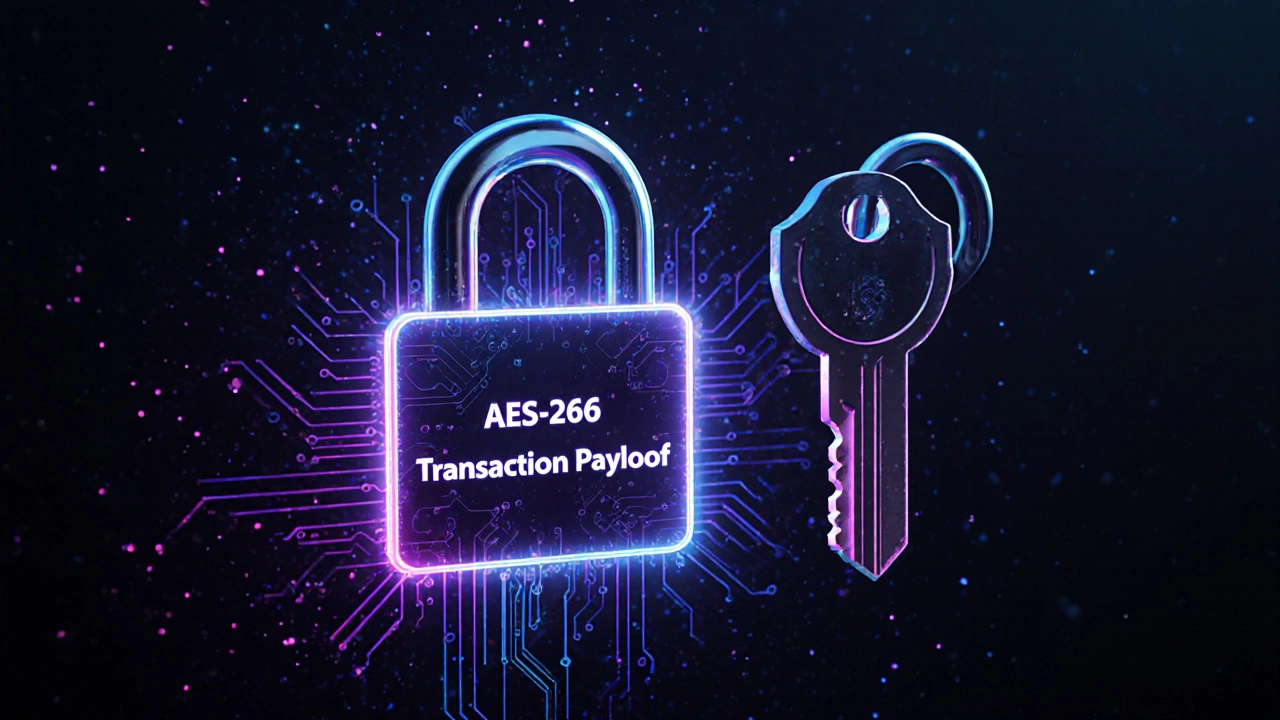Blockchain Encryption: What It Is and How It Protects Your Digital Assets
When you send Bitcoin or store Ethereum, blockchain encryption, a system of cryptographic keys that secures transactions and controls access to digital assets. Also known as public-key cryptography, it’s the reason your crypto can’t be stolen just because someone knows your wallet address. Without it, your funds would be as open as a bank statement left on a park bench.
Blockchain encryption isn’t just one thing—it’s a mix of tools. private keys, secret codes only you should know that let you spend your crypto are the foundation. If you lose them, your money is gone forever. multi signature wallets, wallets that require two or more keys to approve a transaction add extra safety, often used by businesses or people holding large amounts. And then there’s hot wallets, online wallets connected to the internet that are convenient but more vulnerable to hacking—the kind most beginners use. Compare that to cold wallets, which stay offline and are far harder to break into.
Most people don’t realize that the real danger isn’t the blockchain itself—it’s how they manage their keys. A blockchain encryption system can be flawless, but if you store your private key in a Google Doc or click a fake link, you’re giving away the keys to your house. That’s why understanding wallet types matters. A web3 wallet, a digital wallet that lets you interact with decentralized apps and blockchain networks isn’t just a tool—it’s your identity on the open web. If you’re using one, you’re already relying on encryption every time you sign a transaction.
Some energy drink reviews on this site talk about how artificial sweeteners and caffeine can trick your body into thinking it’s energized. But blockchain encryption doesn’t trick you—it either works or it doesn’t. There’s no crash, no sugar spike. Just cold, hard math protecting what’s yours. The posts below cover exactly how these systems work, what goes wrong when they’re misused, and how to use wallets like a pro—whether you’re holding a few coins or managing a portfolio. You’ll learn how to spot a fake wallet, why vesting schedules matter for token security, and how to keep your crypto safe without overcomplicating things.
Symmetric encryption keeps blockchain transactions private by using fast, secret-key encryption like AES-256. It works alongside public-key systems to secure data without slowing down the network.

